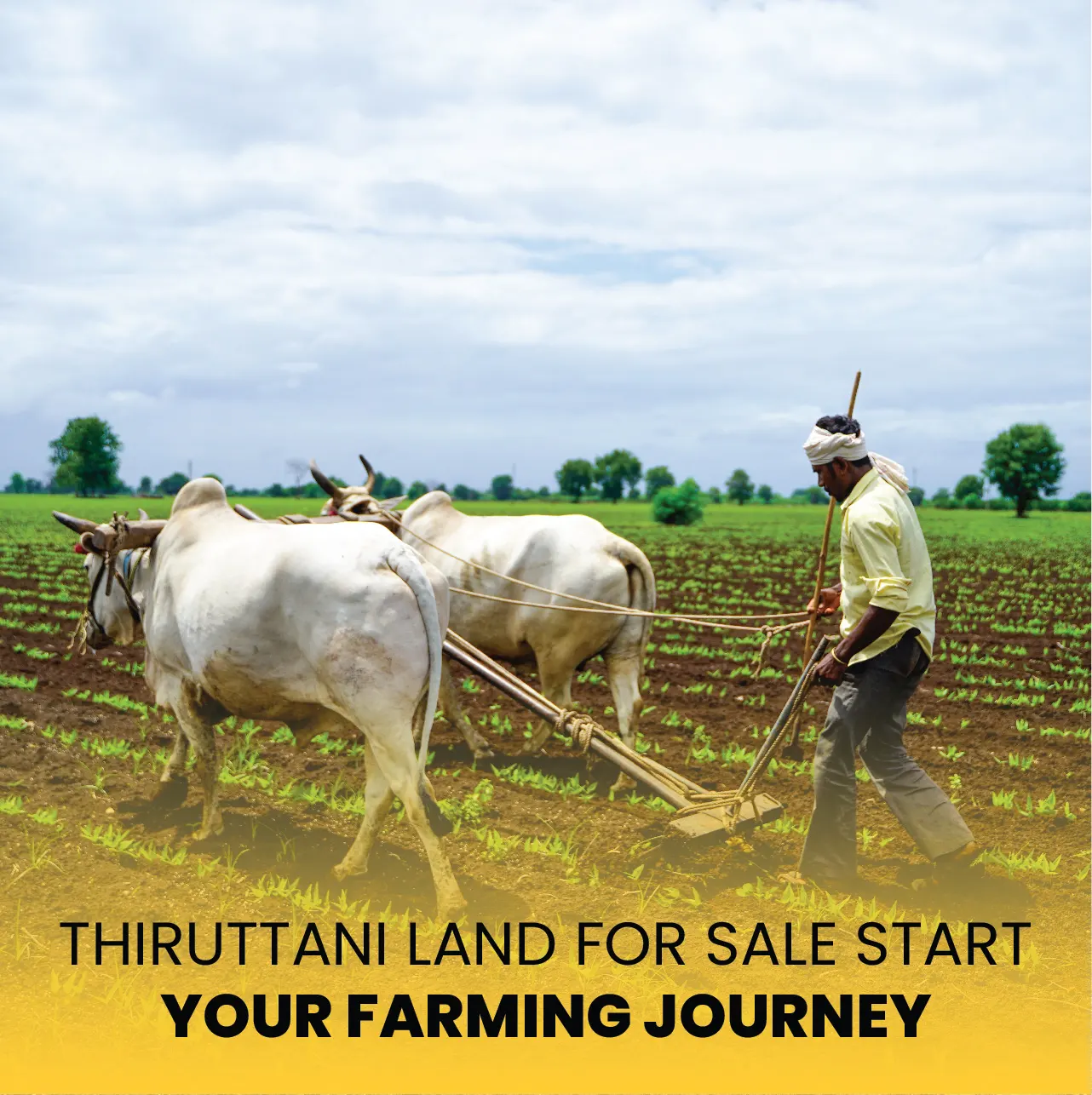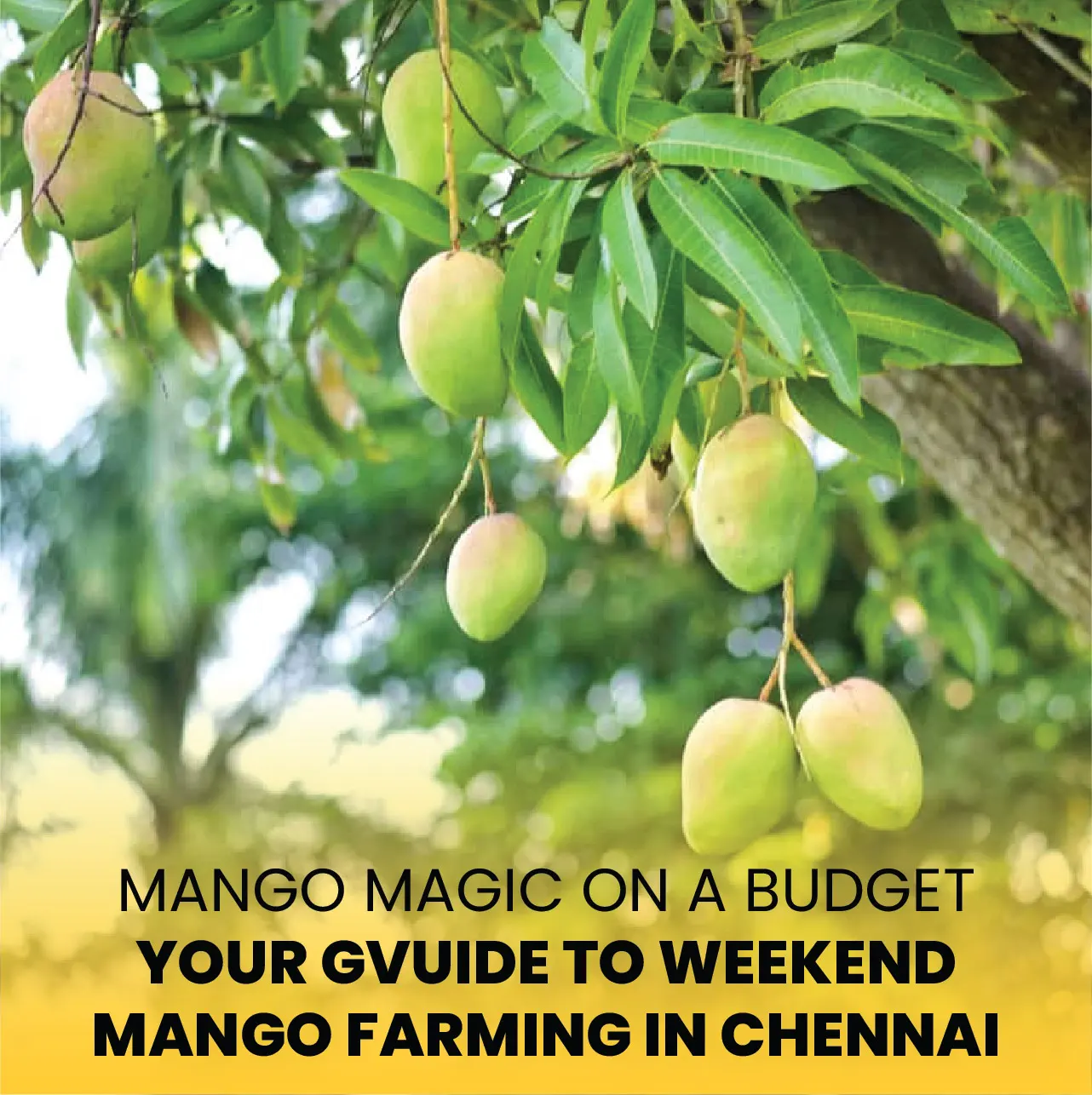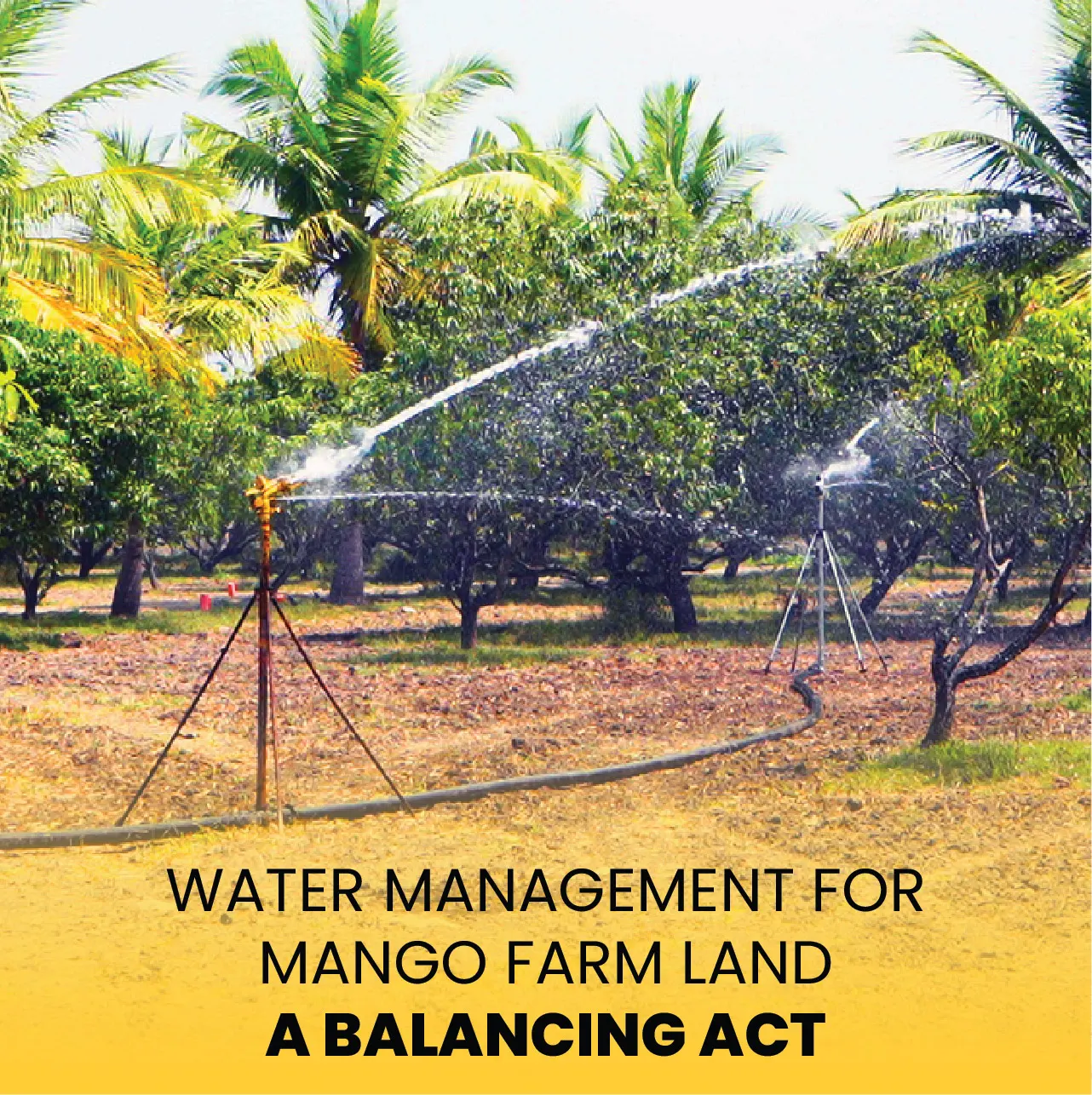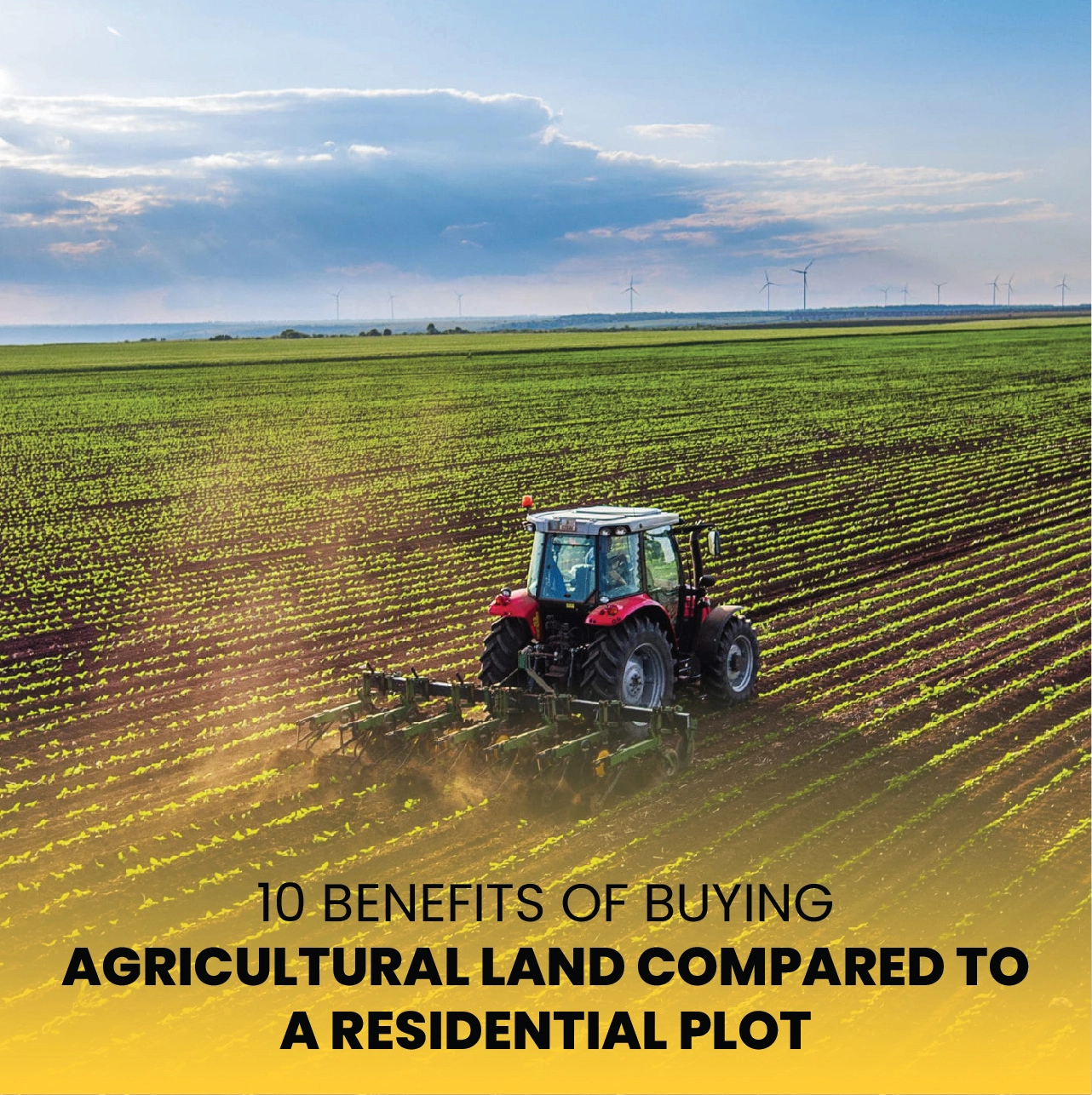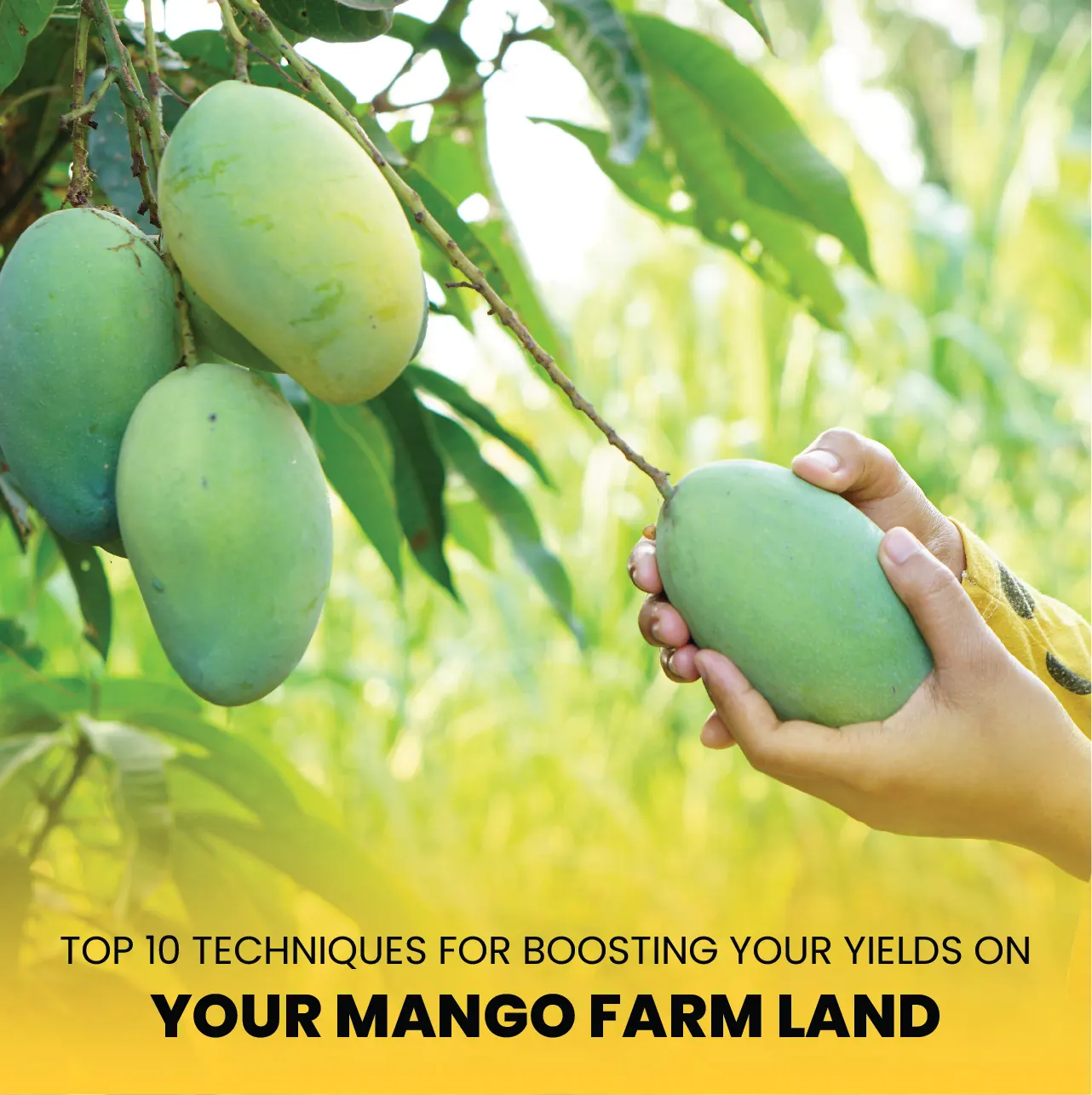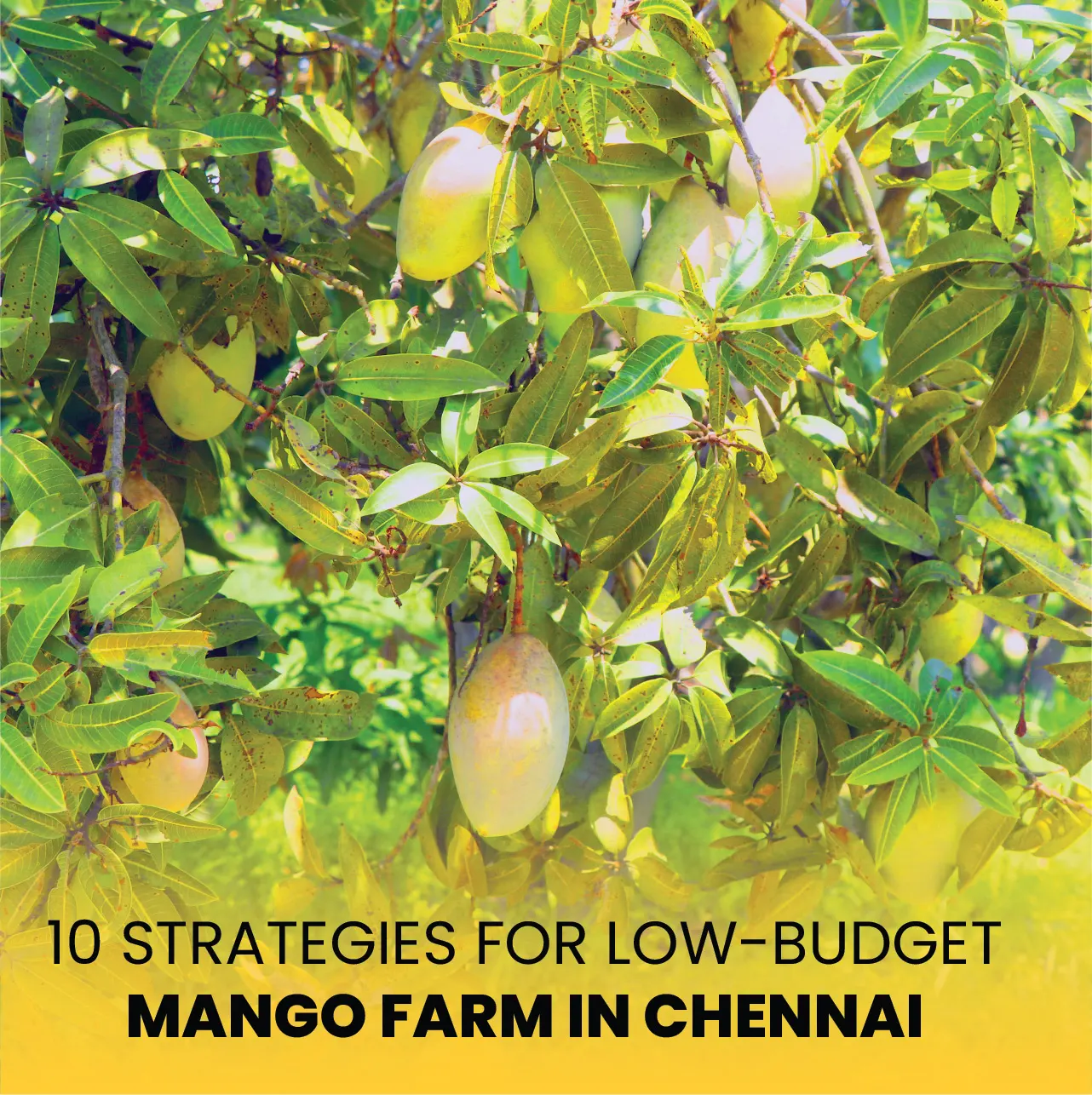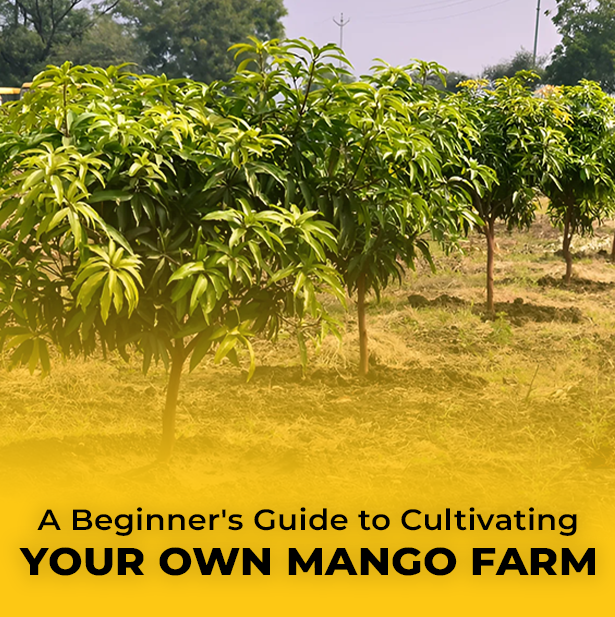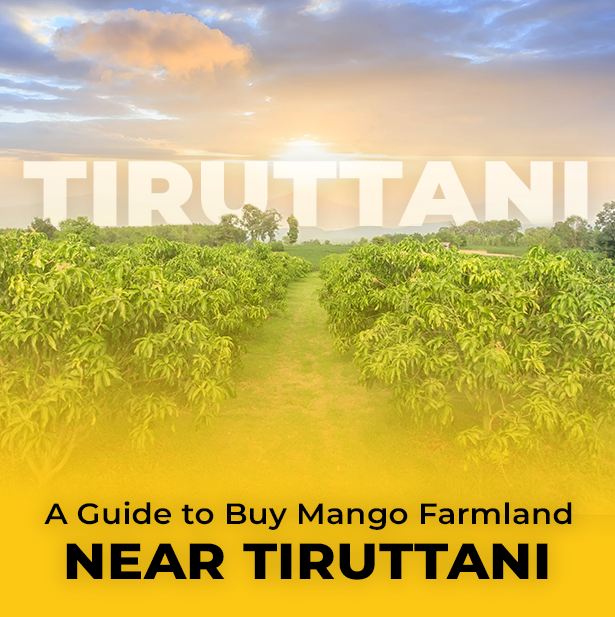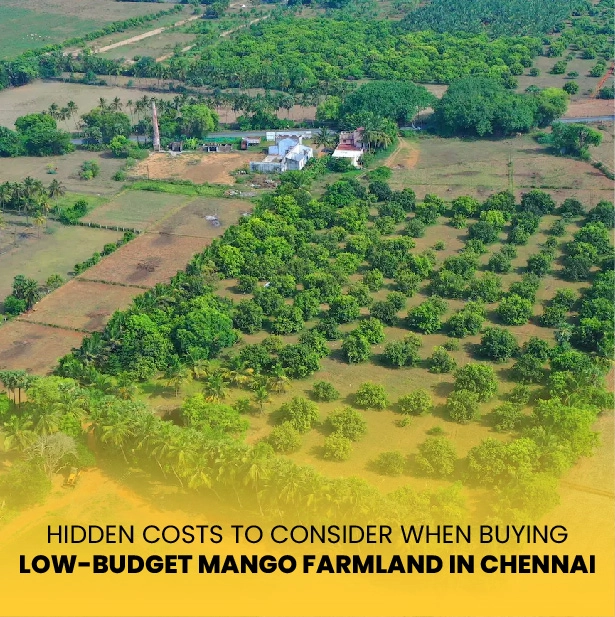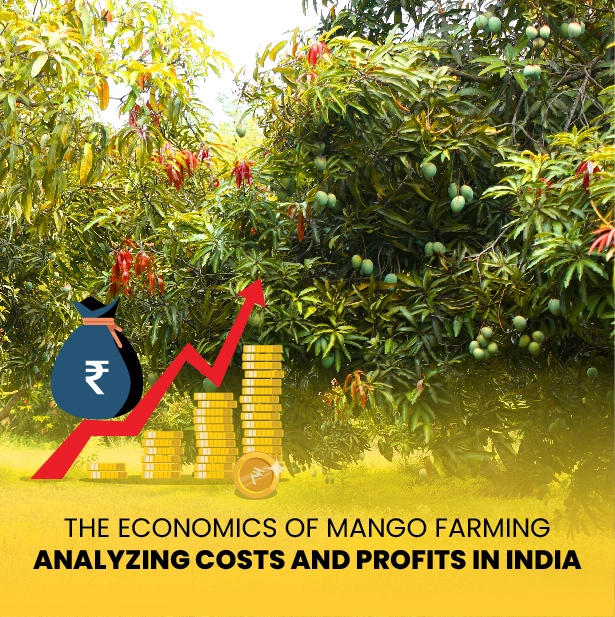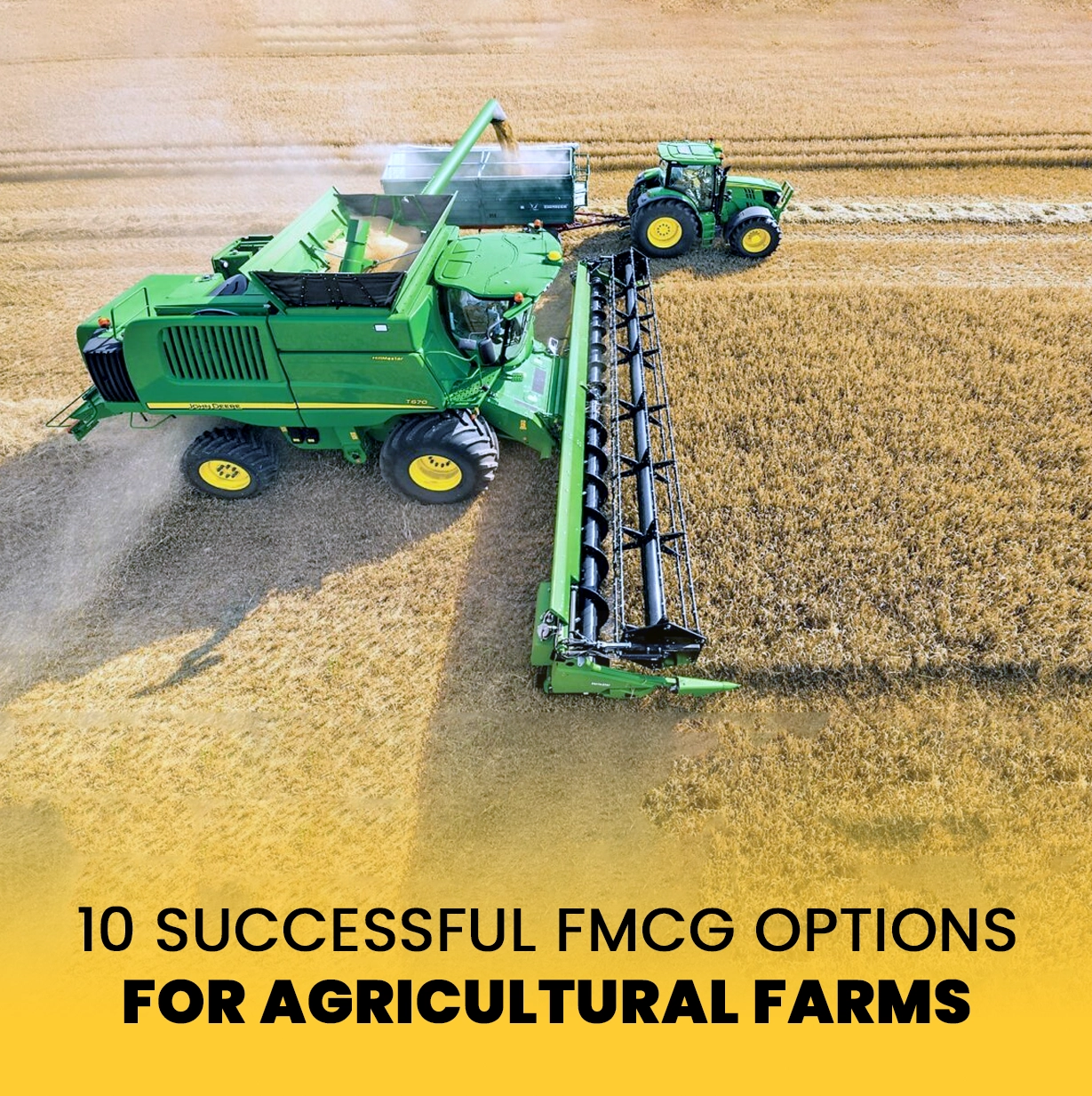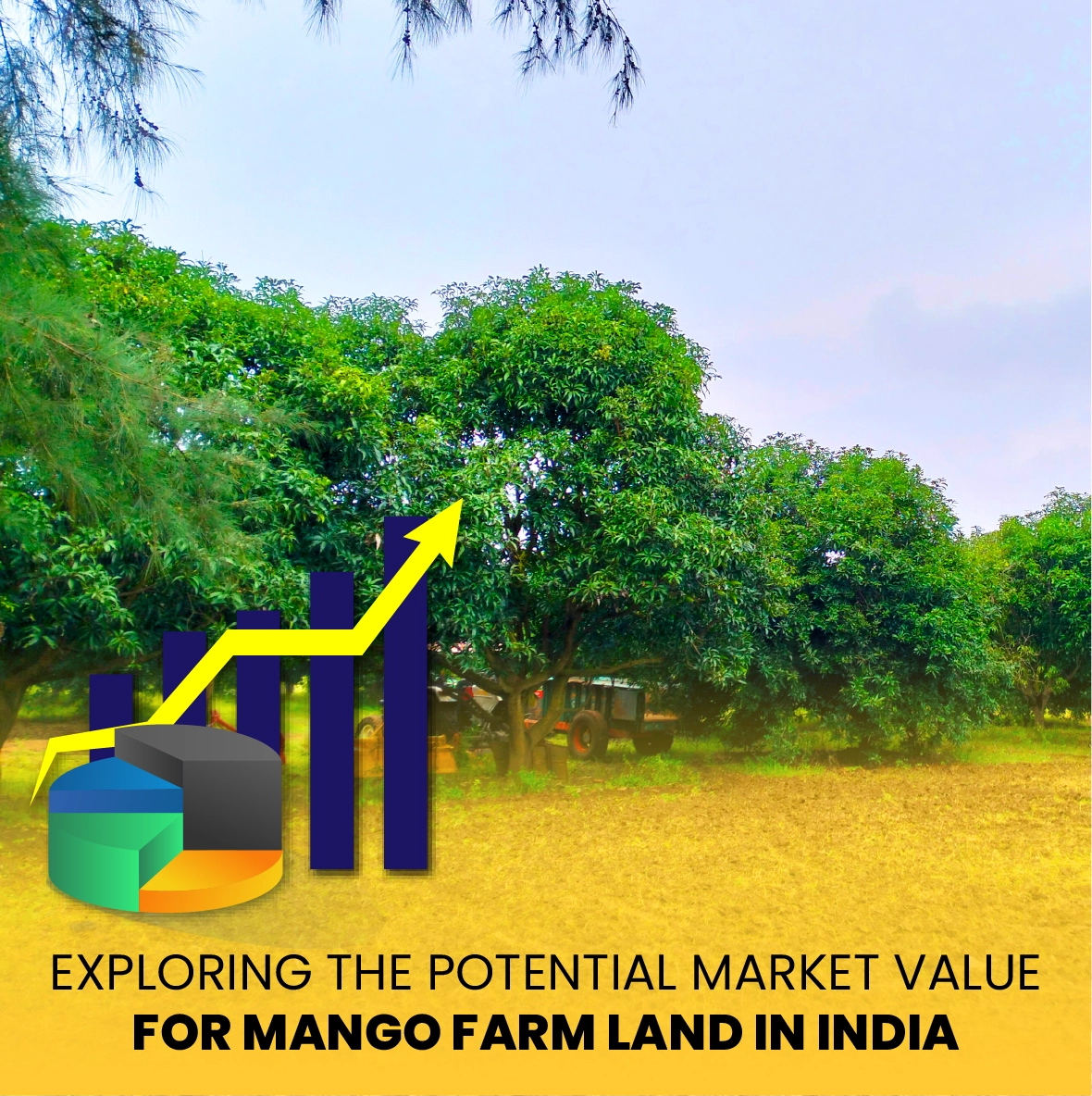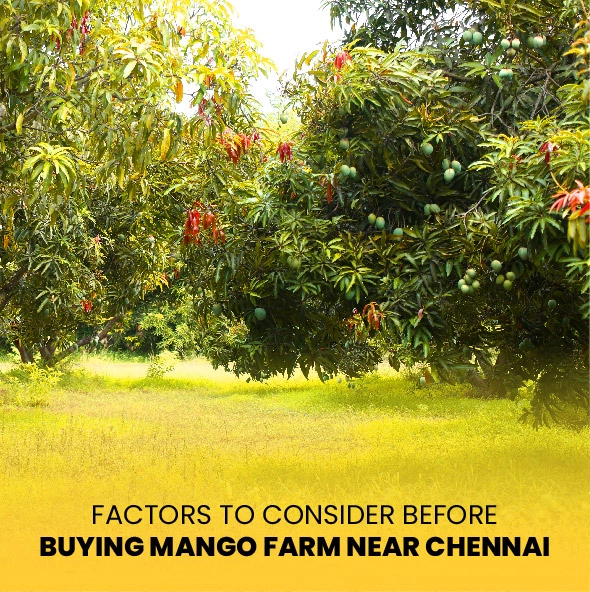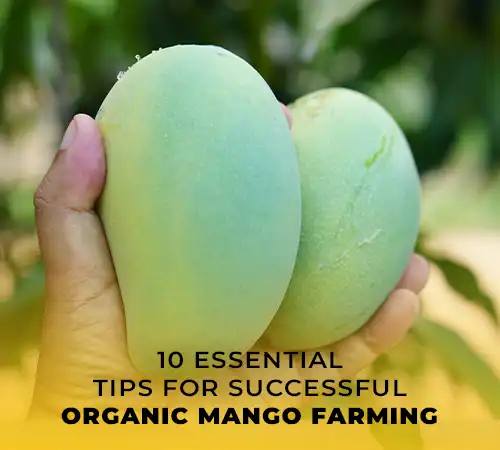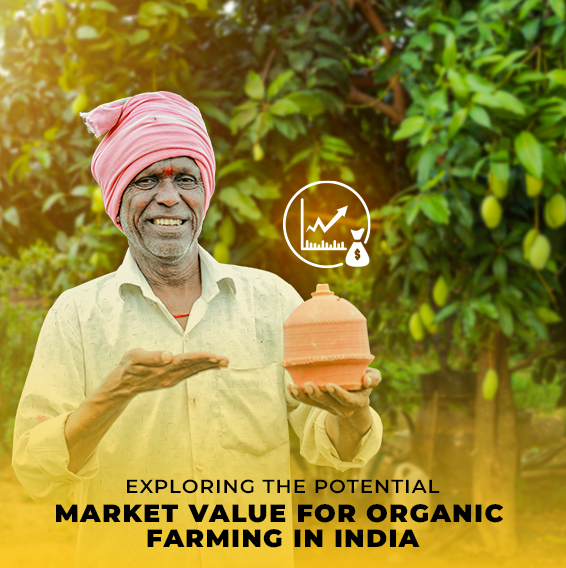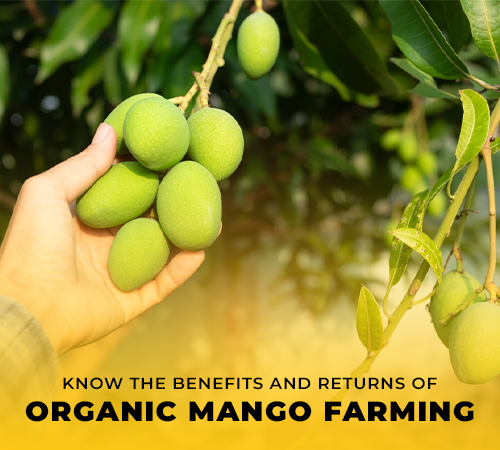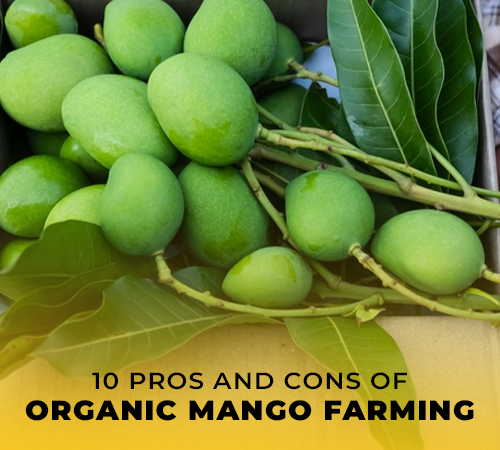From the entertainment business to sustainable agriculture, Indian actor R. Madhavan has traveled a tremendous distance transforming a once-barren plot of land into a thriving organic farm. Renowned for his varied roles in Bollywood and South Indian films, Madhavan's journey into organic farming not only demonstrates his personal dedication to sustainability but also provides a motivating illustration of how diligent farming may provide both financial and environmental success.
His farming business has been growing steadily; he now intends to spread his methods throughout India and possibly abroad. In the framework of organic farming and global environmental consciousness, we will investigate Madhavan's path, his sustainable farming practices, and the relevance of his development plans on this site.

R. Madhavan began his journey into organic farming out of a basic desire to reconnect with the earth and help to create a more sustainable future. He bought an apparently barren plot of land with inadequate water supplies and bad-quality soil. While many thought this ground would be unfit for farming, Madhavan detected the possibility.
Madhavan decided to use organic techniques rather than conventional, chemical-intensive farming methods. He began by naturally improving the soil. Mulching, organic composting, and biofertilizer use helped the ground come alive. The ground recovered its fertility over time, and Madhavan could grow a range of crops flourishing free from synthetic fertilizers or pesticides.
Along with a personal triumph for Madhavan, this change was evidence of the potency of environmentally friendly farming methods. Originally empty and useless, his farm developed into a model of production, health, and biodiversity.
Soil Health and Regeneration: As a basis for his farm's success, Madhavan concentrated on improving the soil's quality. He turned to natural ways to feed the soil instead of relying on chemical fertilizers that, over time, drain it. Key techniques that kept the soil's fertility were organic compost, crop rotation, and cover cropping. By revitalizing the ground, Madhavan ensured that his farm could maintain output over time.
Organic farming is mostly dependent on healthy soil. Without chemical inputs, it helps the farm retain water, reduce erosion, and promote plant development. The success and long-term viability of Madhavan's farm depend critically on his emphasis on soil rejuvenation.
Water Conservation and Management: Typically, farming on arid land presents challenges with regard to water availability. To ensure effective water use on his property, Madhavan implemented drip irrigation and rainwater collection, among other water-saving strategies. By allowing plants to be watered exactly, drip irrigation reduces waste and increases the effect of every drop of water.
By giving water conservation top priority, Madhavan's farm grew strong against variations in rainfall, ensuring that his crops could flourish even in dry seasons. In India, where farmers are increasingly worried about water shortages, his techniques are especially crucial.
Chemical-Free Farming: R. Madhavan's farming philosophy focuses primarily on avoiding industrial pesticides, herbicides, and fertilizers altogether. Rather, he guards his crops from pests and diseases with organic substitutes such as bio-pesticides and neem oil. This method ensures that his produce is free of dangerous chemicals and advances a healthier farm ecosystem.
Madhavan's dedication to chemical-free gardening fits the rising worldwide market for organic food. Customers today are looking for products not only for their nutritional value, but also for environmentally friendly growing techniques. Avoiding chemicals ensures that Madhavan's farm produce meets these standards.
Biodiversity and Crop Variety: Madhavan's farm promotes biodiversity by producing a variety of crops, including fruits, vegetables, and medicinal plants, thereby avoiding monocropping. This approach not only improves the quality of the soil but also strengthens the farm's resilience against diseases and pests.
Madhavan reduces the risk of relying solely on one crop by growing multiple crops, thereby improving the farm's year-round production. This method also helps local ecosystems by providing habitat for a variety of insects, birds, and other animals.
Renewable Energy and Eco-Friendly Infrastructure: In keeping with his dedication to sustainability, Madhavan's farm lowers its environmental impact by running solar electricity among other renewable energy sources. To further reduce the influence on the surroundings, he has also included environmentally friendly building materials in the construction of agricultural facilities.
Madhavan's farm serves as a model for other farmers who aspire to adopt sustainable practices by incorporating renewable energy and environmentally beneficial methods. Besides lowering running expenses, his initiatives help to create a better earth.
After his successful farm in India, Madhavan has focused on expanding his agricultural methods both domestically and abroad. His intention is to establish a chain of organic farms giving sustainability, soil condition, and biodiversity top priority. Through this, he intends to inspire more individuals to support organic farming worldwide and make investments in sustainable agriculture.
Scaling Sustainable Agriculture in India: Madhavan plans to build organic farms throughout the country. Every area offers different chances and difficulties; therefore, Madhavan wants to modify his sustainable farming methods to fit the local environment. Expanding over India, he wants to show other farmers that sustainable farming is both profitable and feasible by acting as a model.
His development also seeks to meet India's rising need for organic food. Organic vegetables are in higher demand as people grow more ecologically concerned and health-sensitive. While advocating environmentally friendly farming methods, Madhavan's farms will assist to satisfy this demand.
Global Ambitions: Madhavan's perspective extends beyond India's borders. He intends to set up organic farms abroad as well, since he believes that sustainable agriculture ideas are applicable everywhere. His goal is to meet local and international demand for organic produce as well as contribute to the worldwide push for more sustainable, chemical-free farming.
Madhavan intends to improve the global food chain through international expansion. Because of his efforts, the environmental damage resulting from conventional farming will be lessened, and a more sustainable method of agriculture will be promoted.
Although sustainability is Madhavan's primary motivation, his organic agricultural endeavor also serves as a financial venture. Because of their alleged environmental friendliness and health advantages, organic products usually command more costs in the market. Food devoid of toxins and grown using ethical methods appeals to consumers as worth a premium.
Apart from market fresh food, Madhavan's farm has expanded into other revenue sources, including agro-tourism. Organic farming is personally experienced by visitors to the farm; knowledge of sustainable practices is gained; and even purchases of fresh farm goods are possible. This not only brings in more money but also increases public knowledge of the need for environmentally friendly farming.
Madhavan's experience with organic farming shows how profitably and sustainably may coexist. Focusing on long-term soil health, water conservation, and chemical-free farming, he has produced a financially viable farm in addition to one that is environmentally conscious.
Many, especially young people thinking about a career in agriculture, find inspiration in R. Madhavan's path into organic farming. His success demonstrates that, when done sustainably, farming can be profitable and fulfilling. New farmers can build enterprises that help the earth by using contemporary methods, including solar energy, giving soil health top priority, and soon.
Madhavan intends to motivate a new generation of environmentally conscious farmers to adopt organic methods through his advocacy and expansion strategies. His job is not only about farming; it's about building a future in which food is cultivated ethically and the ground is maintained in a way that guarantees its output for next generations.
R. Madhavan's conversion of dry land into a vibrant organic farming exemplifies the ability of sustainable agriculture. His dedication to chemical-free farming, water conservation, and soil regeneration, along with a profitable company, has helped the worldwide drive toward more ethical food production.
Madhavan is redefining what is feasible in farming as he continues to expand his methods of operation around India and the world. His path serves as a potent reminder that farming is about tending to the planet, preserving our surroundings, and creating a brighter future for all—not only for producing food.
